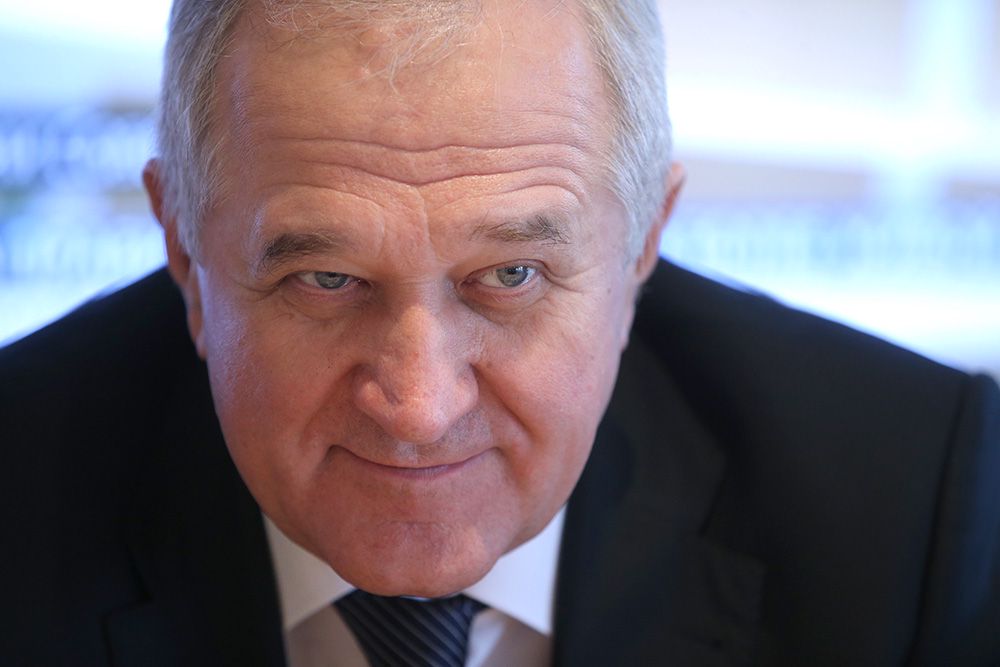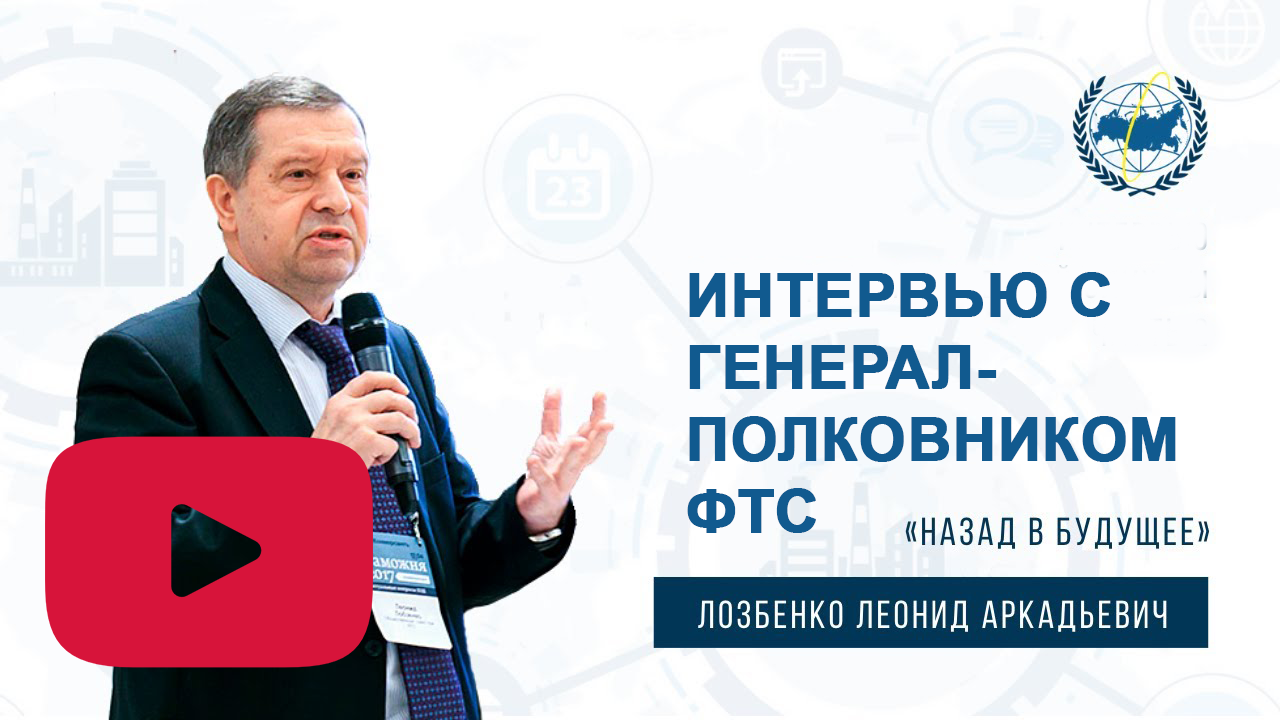
On June 3, the head of the FCS of Russia Vladimir Bulavin took part in the session of the St. Petersburg International Economic Forum “Transformation of World Trade. The effectiveness of government regulation ”.
The main issues for discussion were advanced information and communication technologies that allow creating a barrier-free environment for trade, as well as the benefits and risks of digitalization of the state and business.
The session was attended by the Acting Deputy Minister for Trade Affairs of Qatar Saleh bin Majid Al-Hulaifi, President of Huawei Eurasia Zhou Daniel, General Director of JSC Russian Export Center Veronika Nikishina, Chairman of the Board of Directors of PJSC Severstal Alexey Mordashov, President, Chairman of the Management Board PJSC TransContainer Aleksandrs Isurins.
The head of the FCS of Russia noted that in the context of the transformation of world trade, a comprehensive digital transformation of the public sector remains an important area.
“The digit is the speed of movement of goods, interaction of trade partners, communication between customs organizations of different states, customs clearance and control. It adds transparency and significantly increases the level of mutual trust, and, ultimately, affects the trade turnover between the countries, ”said Vladimir Bulavin.
The Strategy for the Development of the Customs Service until 2030 outlines the trajectory of movement from electronic customs to intellectual customs, and the Federal Customs Service of Russia has made significant progress in this direction. “Last year we completed a large-scale reform of the customs authorities, created a network of centers for electronic declaration and electronic customs. This allowed us to take further steps towards the automation of customs procedures, ”said the head of the FCS of Russia.
The key goal is to turn customs administration into a fast and high-tech process through the use of modern technologies, the introduction of methods for processing large amounts of data and artificial intelligence.
“The digit should connect us with the customs administrations of other states and participants in foreign economic activity. We plan to implement the project of an intelligent checkpoint, create such a digital platform that would be used by all regulatory agencies. For business, this will mean non-stop movement of goods at checkpoints. We have prepared technological solutions for road, rail and sea checkpoints, and are undergoing appropriate approvals, ”said Vladimir Bulavin.
Alexey Mordashov noted the progress in the development of the customs service. “We are in constant active dialogue with the FCS of Russia and in recent years we have seen clear progress related to the digitalization of customs procedures. The automatic issuance of declarations is increasing and a risk-based approach is developing. Overall, we see a very interesting trend. On the one hand, there is an increase in protectionism in the world, including those driven by the geopolitical agenda, and on the other hand, at the technology level, we see a constant liberalization of the movement of goods. Freight is increasingly crossing the border without any restrictions, which helps to reduce transaction costs for businesses, ”he said.
Veronika Nikishina drew attention to the fact that, despite the complex system of interaction between business and some government departments, in terms of digital integration, the customs and tax services are the foremost.
“In terms of digitalization and getting a quick response in the interests of the exporter, our interaction with the customs service is very efficient. Elimination of manual work from the decision-making process, rejection of paperwork, digitalization of the relationship between the exporter and the state, for example, the launch of “one-stop shop” services – all these measures allow companies to export in the most comfortable and discreet manner, ”said Veronika Nikishina.
Other important projects of the customs service, Vladimir Bulavin, called the improvement of the risk management system, the creation of an automated technology for reading pictures of inspection and inspection complexes, the use of navigation seals with non-volatile memory in transport corridors, primarily in the Chinese direction.
To implement these tasks, the Federal Customs Service of Russia is already working on updating the key elements of the IT infrastructure: the construction of the Main Data Processing Center in Tver has begun, which will provide high-speed data transmission and processing in compliance with all information security measures.
Source: FCS




